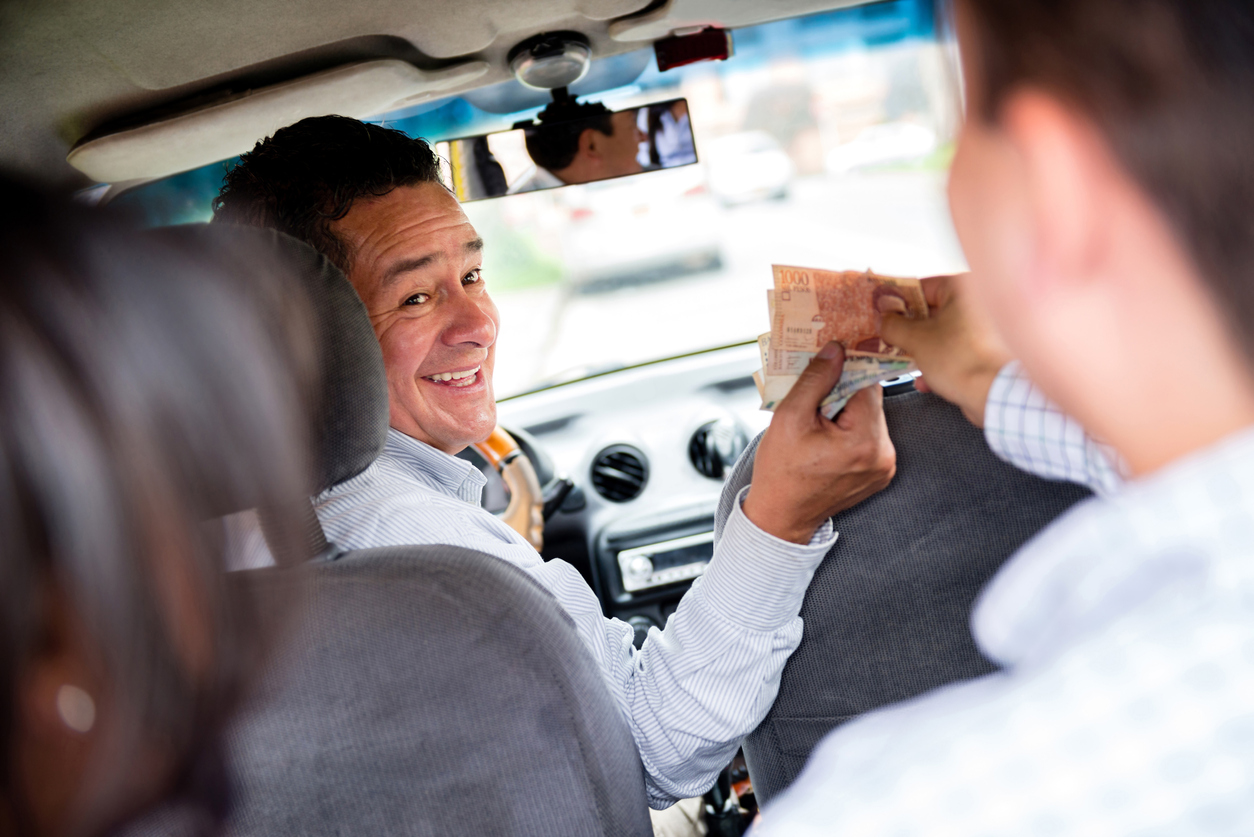Travelling to new destinations is an exciting adventure, but it's important to familiarize yourself with the local customs and etiquette, including tipping practices. Tipping norms vary greatly from country to country, and inadvertently offending someone by overtipping can be just as awkward as undertipping. In this guide, we'll navigate the intricate world of international tipping and equip you with the knowledge to handle these situations confidently.
Know Before You Go: Tipping Abroad

Research Before You Go
Before embarking on your journey, take some time to research the tipping customs of your destination. Look for reliable travel resources or consult locals' advice online. Understanding the expectations can save you from awkward moments or unintentionally insulting someone.
The Gratuity Spectrum
Tipping practices can be broadly categorized into three spectrums:
- No Tipping Required: Some countries, such as Japan and South Korea, don't have a tipping culture. In fact, tipping might be considered rude. Instead, excellent service is expected without an additional gratuity.
- Service Charge Included: Several countries, like France and Australia, include a service charge in the bill. In these places, tipping is optional, but if you receive exceptional service, leaving a small amount as an extra token of appreciation is considered a kind gesture.
- Tipping Customary: In many countries, like Canada, tipping is customary and forms an integral part of service industry wages. It is typically expected to tip 18-20%, or more, of the total bill in restaurants, with additional tipping for housekeeping and taxi drivers. In large tourist areas, service charges are sometimes already added to the bill — be sure to check.
Adapting to Local Norms
When travelling internationally, it's important to adapt to local customs. Here are a few pointers to keep in mind:
- Observe locals: Take note of how locals behave and tip in restaurants or cafes. It's best to follow their lead to ensure you are respecting local norms.
- Use local currency: Whenever possible, use the local currency for tipping. It shows consideration and avoids potential confusion or conversion fees.
- Consider the service quality: While tipping is customary in some countries, it's not mandatory for poor service. Always assess the quality of service before deciding on the amount to tip.
General Etiquette When Tipping Abroad

Communicate with a Smile
Tipping is not just about the amount but also the manner in which you present it. A smile and a "thank you” will go a long way in showing your appreciation for good service.
Be Respectful
Keep in mind that tipping practices vary greatly, and what might seem generous in one country could be considered extravagant in another. Respect the local customs and tipping norms, and you'll leave a positive impression wherever you go.
Navigating tipping standards while travelling internationally can be tricky, but with a little research and adaptability, you can navigate the tipping landscape with confidence. Remember, it's not just about the money but also the gesture of appreciation for good service. By being mindful of cultural differences and observing local customs, you'll ensure a smooth and enjoyable travel experience. If you’re planning to travel in the near future, be sure to visit us at Global Currency Services in Guelph. We can help you with foreign currency exchange and safe, reliable wire transfers.
